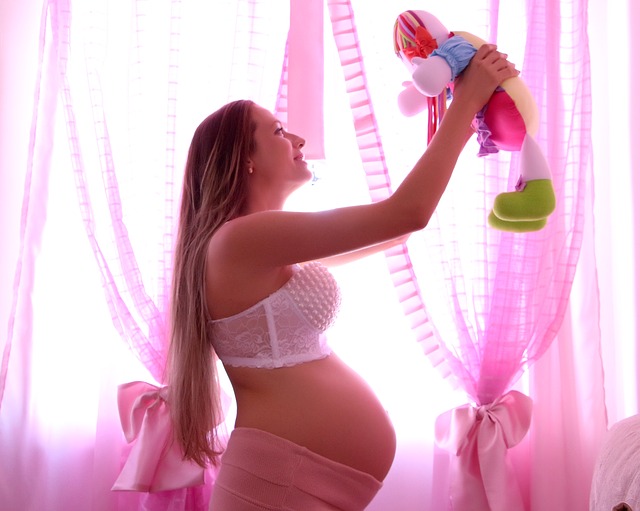Previously, adoption is the only option for women in case she was unable to gestate her children, which can occur due to various reasons like ovulation disorder, endometriosis, uterine cancer, myomas, Asherman’s syndrome, or indeterminate cause of infertility.
But gradual evolution of reproductive medical science provides the scope for infertile women and couples to have their children.
In-vitro fertilization is one of the fertility techniques used to help women to conceive by using their embryos and delivering their child in case she has a problem in natural fertilization.
But apart from this aspect, women can gestate the fetus in her uterus without a genetic connection with the child she can bear by using in-vitro-fertilization.
This option of fertility treatment is known as surrogacy.
An infertile woman or couple need help from surrogate motherhood when she cannot bear her child herself or give birth to it.

The reproductive science used in surrogacy has followed embryo created by utilizing IVF treatment is implemented
in another healthy woman who has the confirmed capacity to give birth.
Practically, the following are the certain surrogate motherhood situations when doctors recommended for implication:
- For women who can produce ova, but cannot bear a child and facing a problem with repeated miscarriages, the doctor usually recommended surrogacy to such a couple.
- The embryo is created by using the intended mother’s ova and father’s sperm through the VF process and implanted in the surrogate mother’s womb for further development and delivery of the child.
- In this case, no genetic connection between the child and surrogate, but has a connection with both intended parents.
- Women with ovulation disorder are unable to produce ova and cannot be pregnant, but the sperm quality and quantity of their partner/husband are satisfactory can utilise egg donation service and surrogacy to create a baby.
- The born child has a biological connection with the intended father, but not with the intended mother.
- This type of surrogacy allows many countries including India.
- Couples who use both the donated gametes means the embryo is created by using both donor sperm and donor egg and then implanted to surrogate mother’s womb has no connection with both the intended parents.
- This type of surrogacy is not allowed in main countries including India, as it considered as international adoption.
Before practically participating surrogacy program following are some issues required to both intended parents and proposed surrogate:
For the intended parents:
- Fertility treatment options and the reasons why these options are not helped them to solve their issue.
- Depth counseling of surrogacy is the only alternative treatment options a child apart from adoption.
- The difficulties in the treatment procedures and the estimated treatment cost.
- The psychological issues associated with surrogacy
- The potential psychological risk to the child.
- The possibility of multiple pregnancies in case of more than one embryo transferred.
- The chances of having a congenital abnormality with the born child.
- Legal complications in surrogacy and the importance of taking legal advice.
- Details of adoption option or life without a child.
For surrogate:
- The complete implications associated with IVF treatment and surrogacy
- The chances and complications associated with multiple pregnancies
- Social implication associated with surrogacy
- The health threats associated with surrogacy treatment
- Emotional aspects associated with surrogacy
- The possibility of a sense of grief during relinquishing the child to the intended parents.
Read Also:

Ravi Sharma is a self-motivated, successful entrepreneur and has a solid experience in the fertility segment. and he is the director at ARTbaby Global (ARThealthcare). He is a pharmacy graduate with post-graduation in business administration and has 14 years of rich experience in the field of infertility segment. He loves to write about IVF, Surrogacy, and other ART (assisted reproductive technology) news, issues, and updates. He is a Pharmacy graduate (B. Pharm) and M.B.A (marketing).
His most recent success includes the successful launch of the medical tourism company, ARTbaby, which offers treatment options for infertility, egg donation, and surrogacy. He likes spending time with his family and writing about various aspects of IVF surrogacy and donating eggs.
